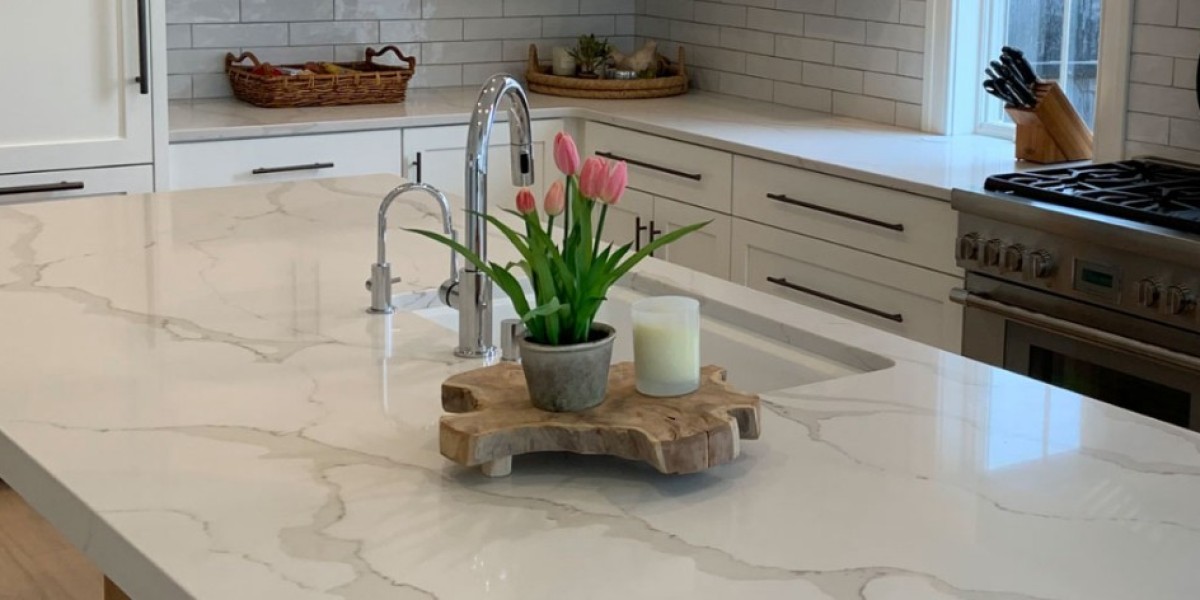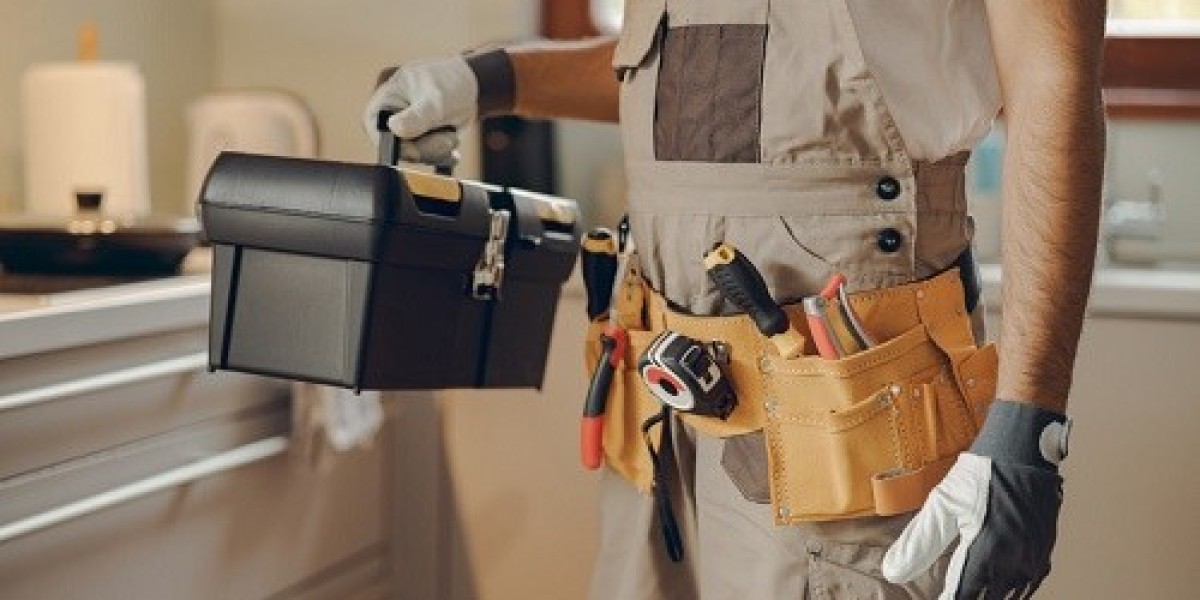Striking the right balance between independence and togetherness is essential for a healthy and lasting relationship. While it’s natural to want to spend time with your partner, maintaining your individuality is just as important. Happy couples understand the value of nurturing both their bond and their personal growth.
Here’s how you can find harmony between these two aspects of your relationship.
Why Balance Matters
Too much closeness can lead to co-dependence, while too much independence can create distance. The goal is to create a space where both partners feel loved, supported, and free to be themselves.
Happy couples know that balance leads to:
Deeper emotional connection
More fulfilling communication
Personal growth and self-esteem
A stronger, more resilient relationship
1. Communicate Openly
Open communication is the foundation of any successful relationship.
Share your needs for alone time without guilt.
Be honest about how much togetherness feels comfortable.
Listen actively when your partner expresses their feelings.
This helps build trust and reduces the chances of misunderstandings.
2. Maintain Your Individual Interests
One of the keys to staying happy in a relationship is holding on to the activities that make you feel alive.
Join a class or club that’s just for you.
Pursue hobbies that reflect your passions.
Make time for friends and family outside the relationship.
When each partner has their own life outside of the relationship, it brings fresh energy into the bond.
3. Support Each Other’s Goals
Encouraging your partner’s independence shows love and respect.
Celebrate their achievements.
Offer encouragement when they pursue something new.
Avoid jealousy or resentment when your partner spends time apart.
Happy couples are each other’s biggest cheerleaders.
4. Schedule Quality Time Together
Balancing independence doesn’t mean neglecting your connection. Intentionally setting aside time for each other helps keep the spark alive.
Plan regular date nights.
Take short weekend trips.
Enjoy simple activities like cooking or walking together.
Consistency matters more than quantity. Make your time together meaningful.
5. Respect Boundaries
Healthy boundaries are not barriers—they’re bridges to better understanding.
Respect each other’s need for personal space.
Avoid checking in constantly unless necessary.
Don’t take it personally if your partner wants time alone.
Mutual respect builds emotional safety and trust.
6. Handle Conflict Constructively
Disagreements are natural in any relationship. What matters is how you handle them.
Stay calm and listen before reacting.
Avoid blame and focus on how you feel.
Look for solutions rather than assigning fault.
Happy couples grow stronger through healthy conflict resolution.
7. Practice Self-Care
Taking care of yourself ensures you bring your best self to the relationship.
Get enough rest, exercise, and nutrition.
Take time to reflect and recharge.
Practice mindfulness or journaling to stay grounded.
Self-care fuels both independence and emotional presence.
8. Check In Regularly
Life changes, and so do people. What felt balanced six months ago might not today.
Have regular “relationship check-ins.”
Ask how your partner feels about your time together and apart.
Adjust as needed to stay aligned.
Happy couples evolve together through intentional effort.
Final Thoughts
Balancing independence and togetherness isn’t a one-time fix—it’s an ongoing journey. Every couple is different, so finding what works for both of you is key.
Remember:
Prioritize communication and honesty.
Embrace your individual lives.
Make space for connection and intimacy.
When you nurture both your relationship and your personal growth, you create a space where love can thrive.
In the end, happy couples aren’t perfect—they’re just great at balancing what matters most.







